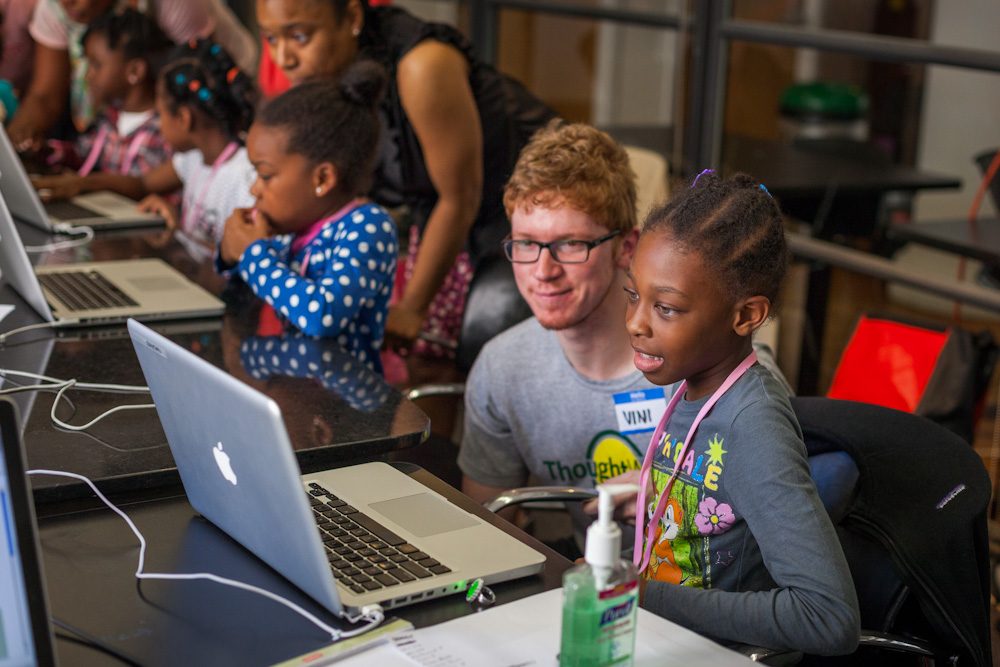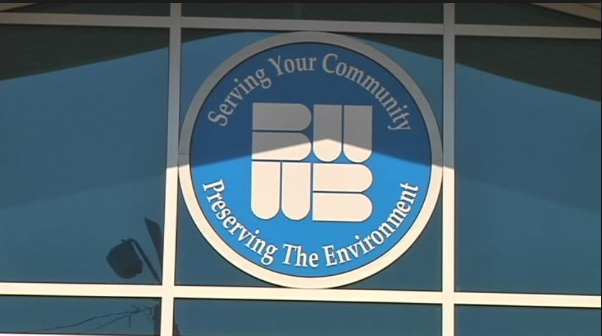Special to the Times

Although the tech industry isn’t known for its diversity, that could change soon, according to Code.org. In 2017, a record number of women and underrepresented minorities took the Advanced Placement computer science exams.
The College Board, which runs the nationwide AP exam program, reported that the number of women taking computer science tests rose by 135 percent in just one year, while participation by underrepresented minorities was 170 percent higher.
“I couldn’t be more ecstatic,” said Code.org co-founder Hadi Partovi, recalling the first time he saw the data. “This is a problem I think our country has been grappling with, and to see such strong participation by women and minority students is great.”
However, the issue is a lot more complex than a student’s decision to take the test or not. Sometimes, students don’t even get the chance to learn.
“So many schools don’t even teach AP computer science as a course.“ Partovi told Geekwire, an online tech website.
To fix this problem, Code.org has taught over 60,000 teachers how to bring computer science into the classroom and recently expanded into more diverse communities.
Partovi is an immigrant from Iran, and said that he attributes his success to his ability to learn coding at a young age. Now he wants to return the favor for other minority students.
While taking a college-level test doesn’t always mean the students will go on to get computer science jobs, the statistics suggest it’s pretty likely. The College Board found that young women who take the exam are 10 times more likely to major in computer science once they get to college.
The past school year marked the first time that the College Board offered two types of AP computer science tests: Computer Science A and Computer Science Principles.
Last week, U.S. Rep. Derek Kilmer, D-Wash. spoke to women and other young professionals on Capitol Hill about those AP computer science tests. While Code.org focuses on younger children, Kilmer said Congress needs to step up and provide opportunities for students who study computer science and related fields in college.
“We can’t have a diverse workplace that meets the needs of this industry if people don’t have a shot to get into the industry in the first place,” he said.
In his keynote speech at the Future Space conference, he said he wants to see a boost in the federal budget for NASA’s Office of Education and other organizations that give research grants to students.
As Congress continues debating the budget, Code.org is moving forward with a new course.
The spike in AP testing is just one step in the right direction.
Partovi says many girls lose interest in science and coding before they even get to high school. To remedy that, Code.org wants to pique their interest in the field during middle school.
“We have a long way to go to get balanced representation,” he said.
Geekwire contributed to this report.



